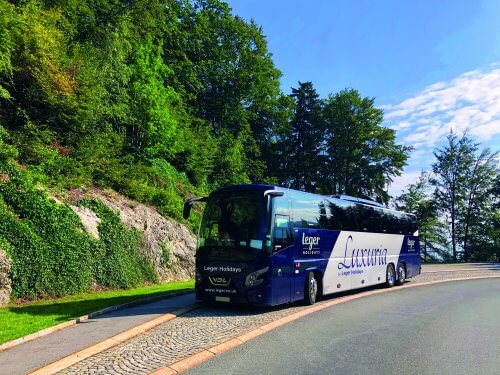
Following the collapse of SLG, Leger Holidays bought the Shearings name. Jonathan Welch finds out how the new business is being integrated into the Leger family
As the road map back to a reasonable degree of normality becomes clearer, and people start to re-find their sense of wanderlust, backed by the gaining pace of vaccinations, there has been a surge of bookings for holidays and stays across the country. A familiar name to which many will be turning is Leger Holidays, based in the South Yorkshire town of Rotherham, along with the equally familiar Shearings brand, which Leger acquired following it’s demise in 2020, as a direct result of the coronavirus pandemic.
I spoke to Chief Executive Ian Henry and Operations Director Chris Plummer, shortly before it was announced that Ian would be taking on the new role of Chairman, and Liam Race joining the business as its new Chief Executive, to find out more about the background to the family firm and how it has coped with the annus horribilis that was 2020.
[…]
By subscribing you will benefit from:
- Operator & Supplier Profiles
- Face-to-Face Interviews
- Latest News
- Test Drives and Reviews
- Legal Updates
- Route Focus
- Industry Insider Opinions
- Passenger Perspective
- Vehicle Launches
- and much more!


